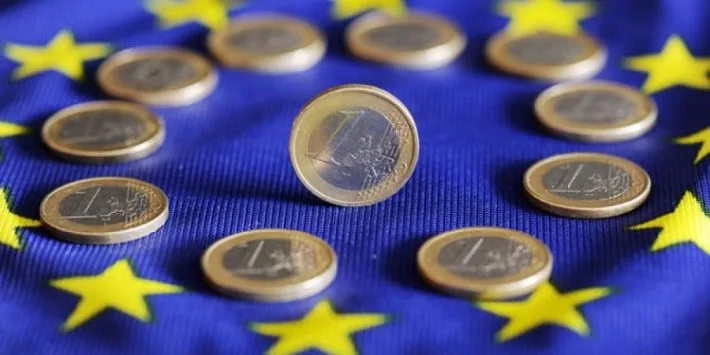It is true, as explained by Janis Emmanouilidis, Director of studies of the European Policy Centre, that “it didn’t offer real measures or a precise, long-term strategic plan.” Yet, “a clear message has been sent: industry is a key element for European competitiveness,” he added.
The EU28 leaders, as explained by a source close to the dossier, have collectively backed an inter grated approach to competitiveness, climate and energy (the so-called “mainstreaming”). Each European policy, starting from digital economy, to innovation to the review of guidelines for state aid, shall favour or preserve competitiveness (the so-called “competitiveness proofing”). They have also requested the European Commission to prepare a roadmap which, starting from the Communication “For a European Industrial Renaissance”, shall aim at promoting investments, innovation and employment. The Council has also acknowledged the need for intervention in favour of the SMEs and internationalisation, as well as the key role played by skills (vocational training) and enabling technologies (KETs). More generally, the Council has acknowledged that digital and clean technologies are the real di river for growth.
Italy is still committed to other important appointments, given that the Conclusions indicated an operative calendar for the definition of the 2030 EU policy framework on greenhouse gas emissions, renewables and energy efficiency, and the decision shall be taken within October 2014, under the Italian Presidency. An Italian source explained that “the text of the Conclusions is for us balanced, given that it reconciles ambition and realism.”
Lena Pavese



![La bandiera della Regione Lombardia [foto: Wikimedia Commons]](https://www.eunews.it/wp-content/uploads/2022/09/lombardia.png.webp)









